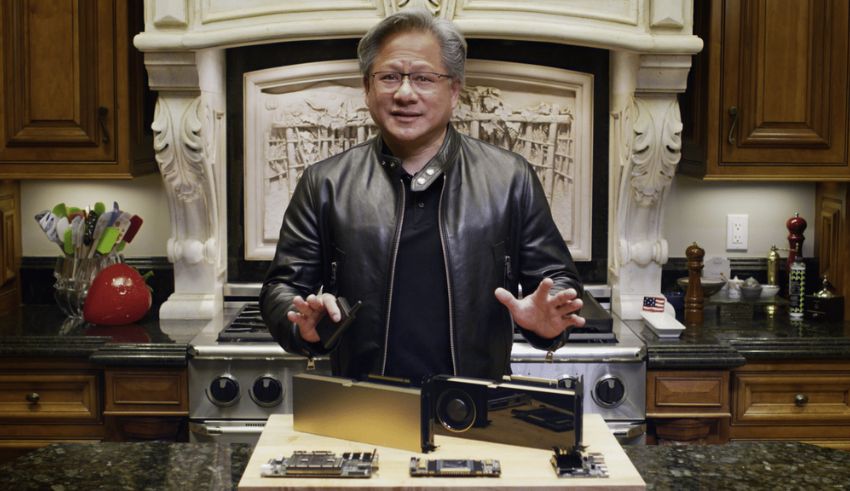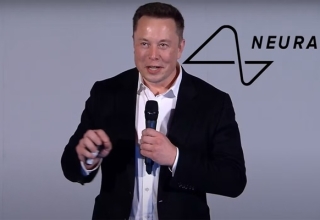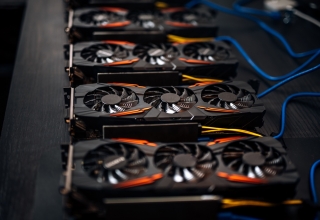
Nvidia CEO Jensen Huang brought the concept to light during an earnings call in November 2023 when underlining the growing role of “sovereign AI” in national security and economic development. Nations are exploring more and more to exploit artificial intelligence’s promise on their own since it is revolutionizing industries and economies all around.
The official Nvidia website defines sovereign artificial intelligence—that is, a nation’s ability to produce and control AI technologies using its own infrastructure, data, workforce, and business networks—by This shift toward artificial intelligence autonomy is driven by the awareness that artificial intelligence is not only a primary driver of innovation but also a necessary component of national defense and riches.
Strategic requirement for countries: sovereign artificial intelligence
Governments everywhere are seeing quickly the enormous opportunities artificial intelligence offers for both economic growth and security. A PricewaterhouseCoopers (PwC) study projects that artificial intelligence might boost world economic growth by as much as $15.7 trillion by 2030. Since many realize that full utilization of the benefits depends on control of AI technologies staying inside their borders, this amazing number has driven nations to make major investments in artificial intelligence. Here is where the concept of sovereign artificial intelligence finds use—allowing countries to keep control over their AI systems and the vast amounts of data supporting them.
Nvidia’s AI chip research is also driven, claims industry publication VentureBeat, by the importance of sovereign artificial intelligence. Countries view artificial intelligence as absolutely vital for their future preservation. By means of control of their own artificial intelligence systems, countries can ensure that private data is maintained safe from prospective risks inside national boundaries. Furthermore, countries’ ability to develop artificial intelligence locally helps them to maintain intellectual property, increase innovation, and keep a competitive edge in the global AI battle.
To support this global drive towards sovereign artificial intelligence investment in AI companies, Nvidia has set aside $110 million. This investment aims to help countries establish sovereign artificial intelligence infrastructure encompassing indigenous AI projects and affiliated businesses. Speaking on the growing trend of national artificial intelligence research at the US-Japan Innovation Symposium, Shilpa Kolhatkar, global head of AI Nations at Nvidia, She noted that governments all around the world are seizing the possibility given by artificial intelligence by focusing on home artificial intelligence development. Given that about 60 to 70 nations have established national artificial intelligence initiatives, it is clear that the trend toward sovereign artificial intelligence is gathering swift speed.
AI Factories: Intelligence Out of Transformational National Data
“AI factories” identify the central focus of the campaign for sovereign artificial intelligence. These artificial intelligence companies, as Kolhatkar explains, function as hubs whereby data from a nation is transformed into actionable insight using AI models and algorithms. Every country generates massive amounts of proprietary data much of which reflects its own language, culture, and values. Establishing artificial intelligence factories lets nations make intelligence systems appropriate for their own needs using their data. This tailored approach to artificial intelligence development assures that the resulting insights are not only pertinent but also in line with national goals, regulations, and cultural environment.
Kolhatkar underlined that the main benefit of a nation in the era of artificial intelligence is its data. Those countries able to effectively analyze and assess their own data will be able to produce analytical intelligence guiding national security to judgments on economic policies. In an artificial intelligence factory, she added, algorithms and models analyzing a nation’s specific data turn it into “yours to own,” intelligence. Originating from a nation’s own language and cultural framework, this proprietary intelligence allows nations to deploy artificial intelligence for their own use in analysis and problem resolution.
One example of a localized artificial intelligence application is Ukraine, where artificial intelligence systems have been tailored to mirror the national favored spelling of “Chernobyl,” “Chornobyl.” These kinds of modifications will enable sovereign artificial intelligence systems to respect local customs and norms, therefore ensuring that artificial intelligence technologies are tightly entwined into the fabric of the community they support. The ability of sovereign artificial intelligence to adapt to local demands is one of its primary advantages since it helps nations to establish their own AI ecosystems by thus empowering them.
Moreover, closely linked to concerns of national security is the development of sovereign artificial intelligence. Given nations depend more on data and artificial intelligence for critical choices, protecting private data becomes even more crucial. Kolhatkar noted that governments are creating sovereign artificial intelligence systems largely to ensure that their data remains within their borders. Keeping sensitive information in-house helps nations protect against cyberattacks, espionage, and other types of intervention.
Keep Reading
Nvidia is mostly involved in helping countries create artificial intelligence systems to support national security goals. By means of joint development of sovereign artificial intelligence systems with governments, Nvidia is becoming increasingly involved in the global effort to protect AI technologies. For instance, Japan has developed a separate version of ChatGPT, an artificial intelligence application meant exclusively for government use. This version of ChatGPT allows Japan to employ artificial intelligence under privacy protection for sensitive data. These projects underline the critical role artificial intelligence plays in modern national security strategies, in which data sovereignty is first concern.
As more countries establish autonomous artificial intelligence systems, the global picture is shifting toward a time when artificial intelligence is not only a tool for invention but also a pillar of national security. Artificial intelligence (AI) is giving nations new ways to protect their people and interests by being involved into military operations, intelligence collecting, and cybersecurity policies. Sovereign artificial intelligence enables countries to gain these abilities without depending on foreign suppliers, therefore increasing their capacity to meet fresh challenges.
While the development of sovereign artificial intelligence offers some benefits, it also raises serious concerns. Geogrify CEO Kate Edwards, who specializes in assessing geopolitical and cultural hazards in digital material, issued a warning about the term “sovereign” in relation to artificial intelligence: it may encourage more nationalism and geopolitical conflict. Edwards pointed out that phrasing artificial intelligence in these words could intensify world problems as sovereignty sometimes denotes a power dynamic. Should countries view artificial intelligence as a means of asserting dominance, the development of sovereign artificial intelligence systems could spark conflicts about who owns significant technology and the data supporting them.
Given other countries are fighting to build their own artificial intelligence systems, Edwards’s concerns are extremely relevant. Already, the worldwide fight for AI supremacy has led to tensions between major countries to grow; the development of sovereign artificial intelligence could exacerbate issues of world politics. Nations building AI systems aimed for their own benefit run the risk of utilizing these technology to further geopolitical goals, hence fueling perhaps fresh digital era conflicts.
The Future of Sovereign AI: An All Around Approach Towards AI Autonomy
Notwithstanding the challenges, the development of sovereign artificial intelligence marks a fundamental shift in national perceptions about artificial intelligence. Aware that control over artificial intelligence technology determines both national security and economic growth, governments all around are supporting the development of native artificial intelligence systems. Through its partnerships and investments, Nvidia is driving this forward and proving itself as a leader in the global artificial intelligence landscape.
The creation of AI factories and the emphasis on data sovereignty mark only the beginning of a more broad trend toward AI autonomy. Nations guarantee that the produced data and intelligence remain under national control as they take more accountability for their artificial intelligence systems. As it advances, sovereign artificial intelligence will be indispensable in guiding world security, economic development, and international relations.
In order to reflect their own values, cultures, and interests in AI systems developed, more nations should embrace sovereign artificial intelligence policy in the next years. Though the creation of sovereign artificial intelligence has both opportunities and disadvantages, it is clear that this technology will be a main force in the twenty-first century altering state behavior and international contact. Since artificial intelligence permeates all aspects of life, the relevance of sovereign artificial intelligence will only keep increasing.

























